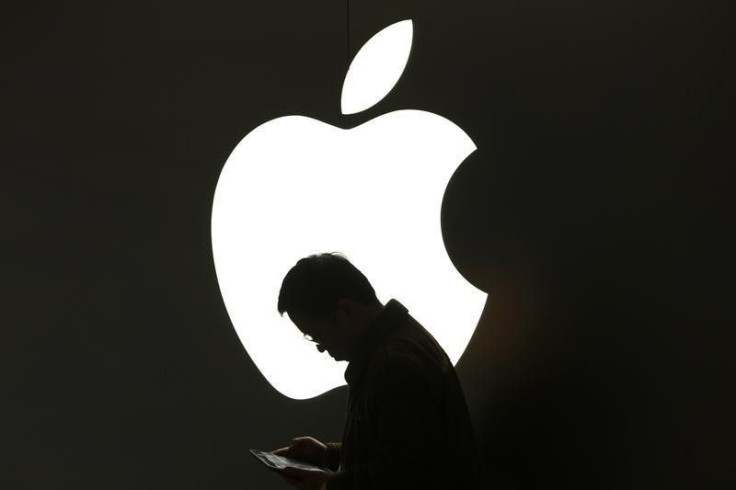Apple’s iPhone 6 And iPhone 6 Plus Divert Reading And Watching Away From iPads

The release of smartphones with larger screens and its ability to assume the functions of tablets have caused owners to turn away from their tablets and use the former instead. This situation gave owners fewer reasons to turn to their iPads.
Pocket, a "read it later" app, has collected important data from two million articles, videos and other materials that are saved from the web and are opened with the app. The research includes users who own both a phone and a tablet to show how screen sizes affect when and where users will consume the content.
According to the research, users of the newly launched iPhone 6 and iPhone 6 Plus are spending more time reading and working on their saved contents through their larger screen smartphones. This is despite the fact that they also own and use an iPad.
The analysis shows that the bigger the phone screen, the more time that users will spend reading and watching using the phone. Owners of the iPhone 6 view their saved contents 72 percent of the time while those who bought the iPhone 6 Plus read and watch on their new device 80 percent of the time. This analysis also covers phone and tablet-viewing using Android devices.
The research also revealed that the bigger the phone is, the fewer tendencies there are to use the iPad. In comparison, iPhone 6 owners read on their tablets 19 percent less during the week and 27 percent less over the weekend. Owners of the iPhone 6 Plus are on their tablets 31 percent less during the week and 36 percent less over the weekend.
In addition, the tablets are typically used at nighttime, with users tendig to get hold of their iPads around 9 p.m. All these information suggest that users show more interest in picking up their iPhone 6 or iPhone 6 Plus when it's already time to read or watch. However, this behaviour may be a result of some kind of excitement that comes with the release of the new devices. People have the tendency to pay more attention on new devices and this might be one of the indicators that the new big-screened iPhones could be "killing" iPad sales, TechCrunch reports.






